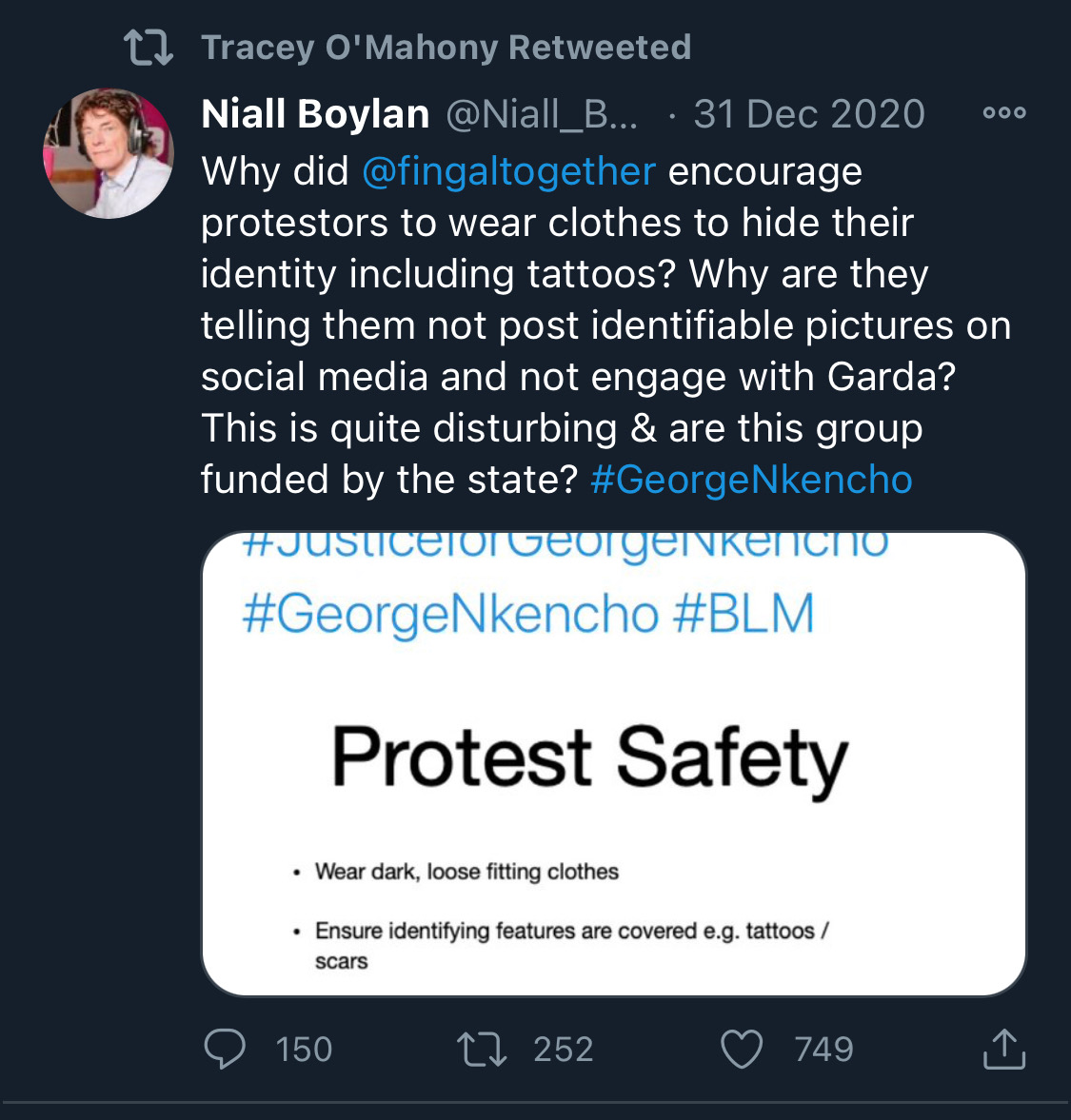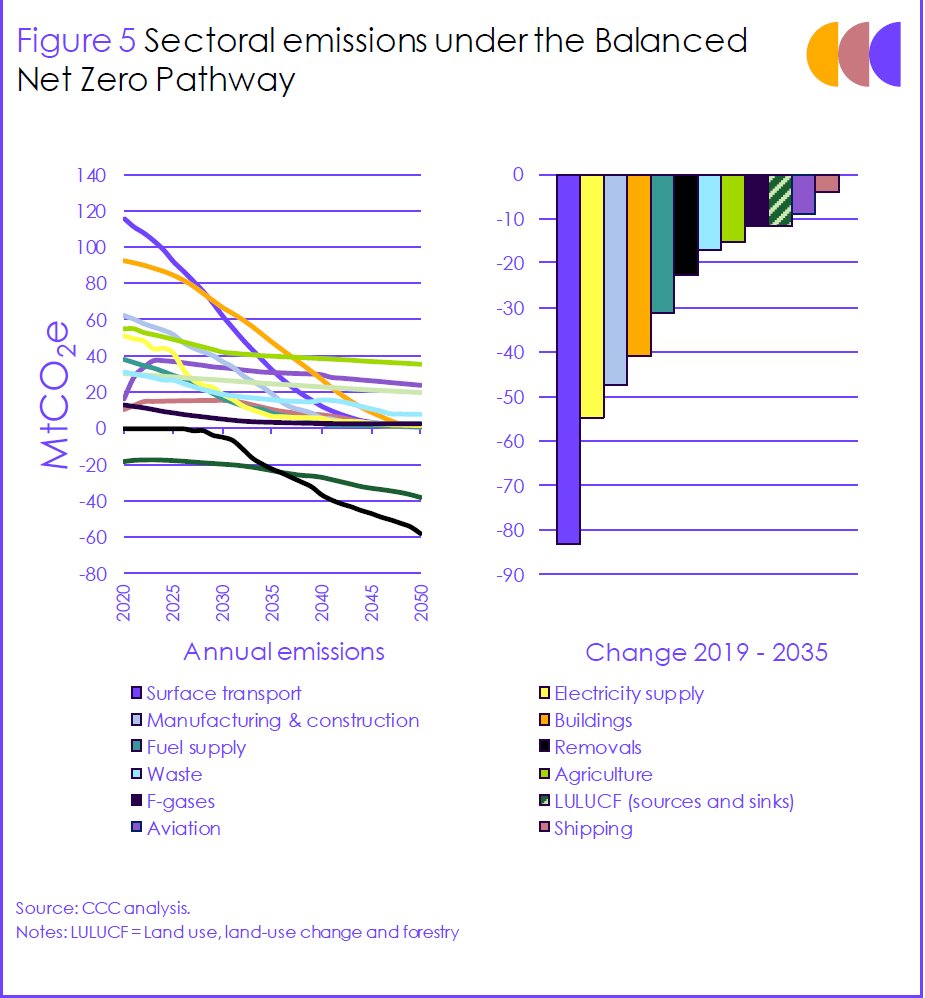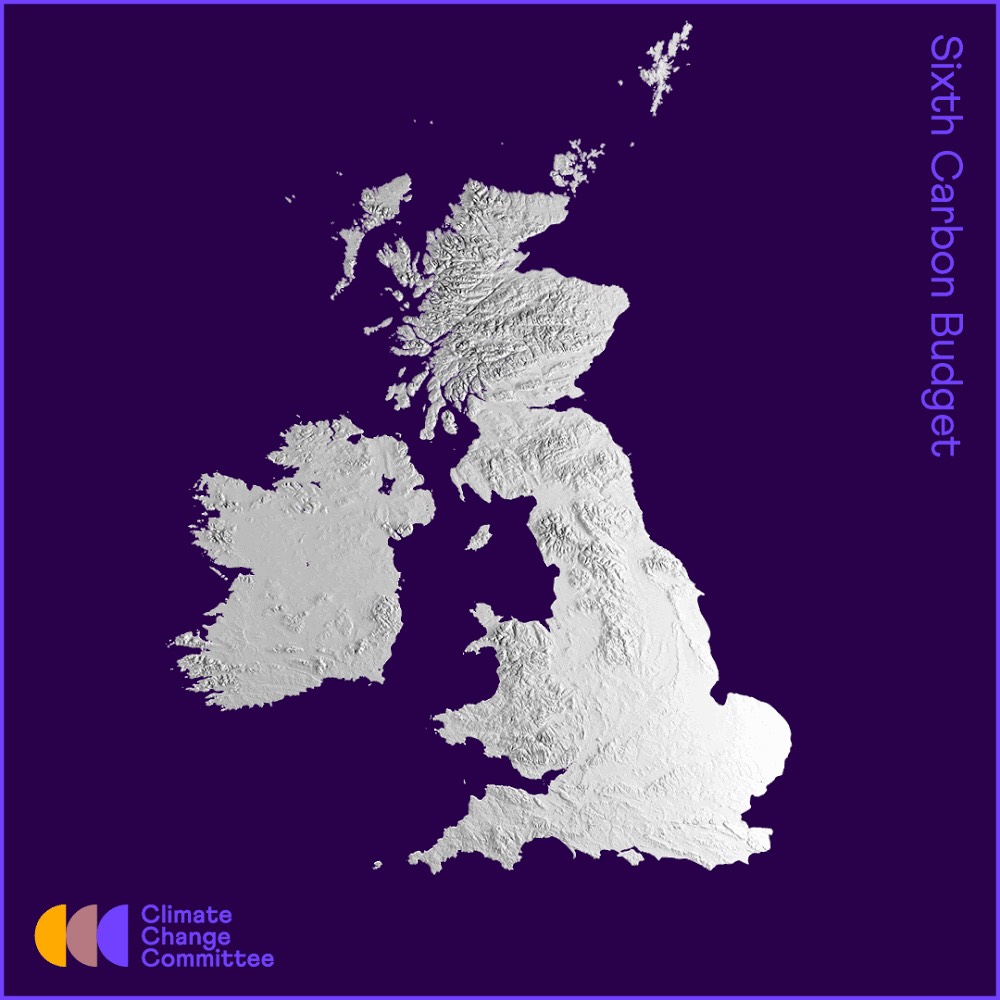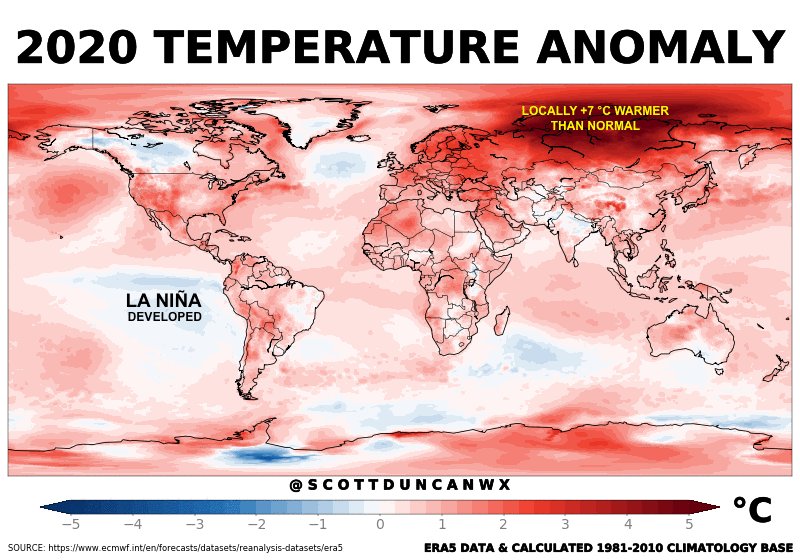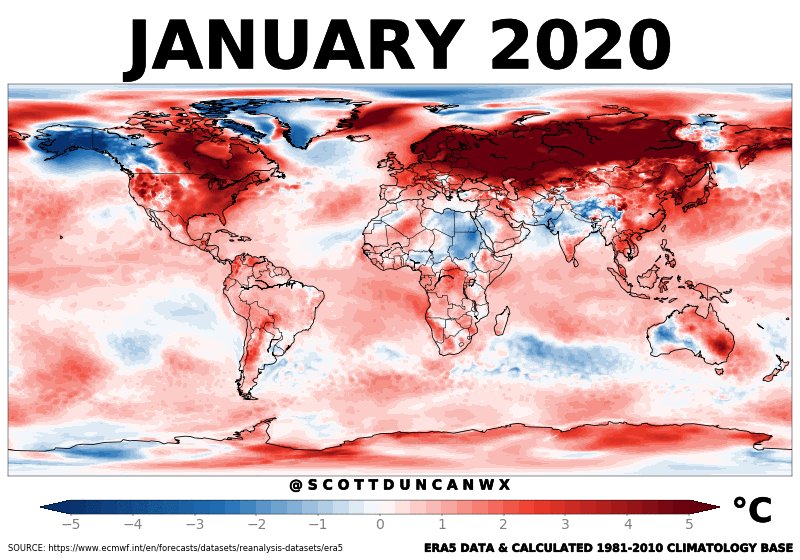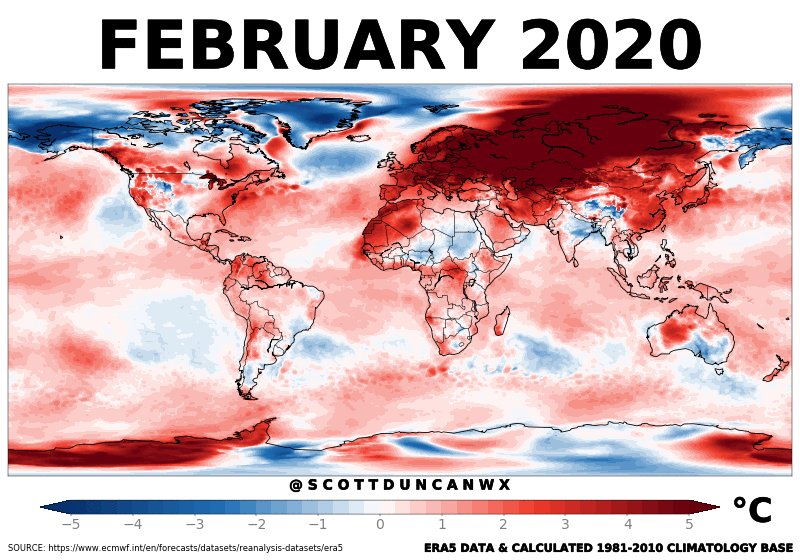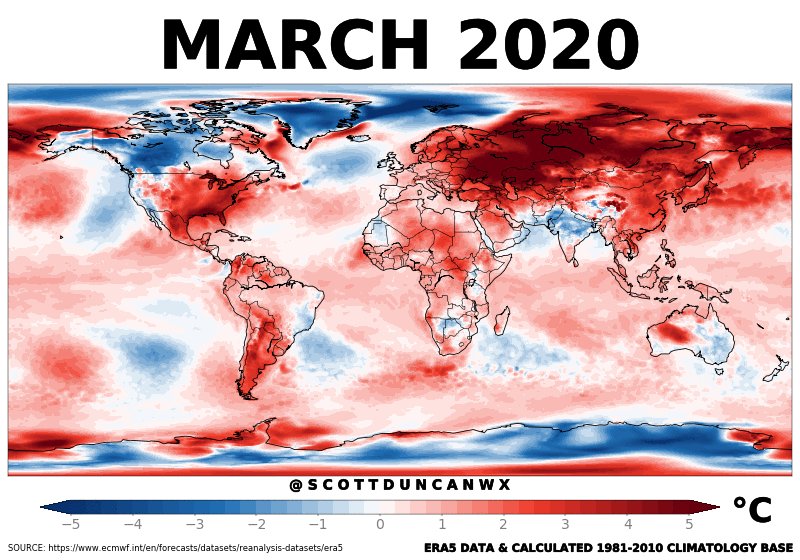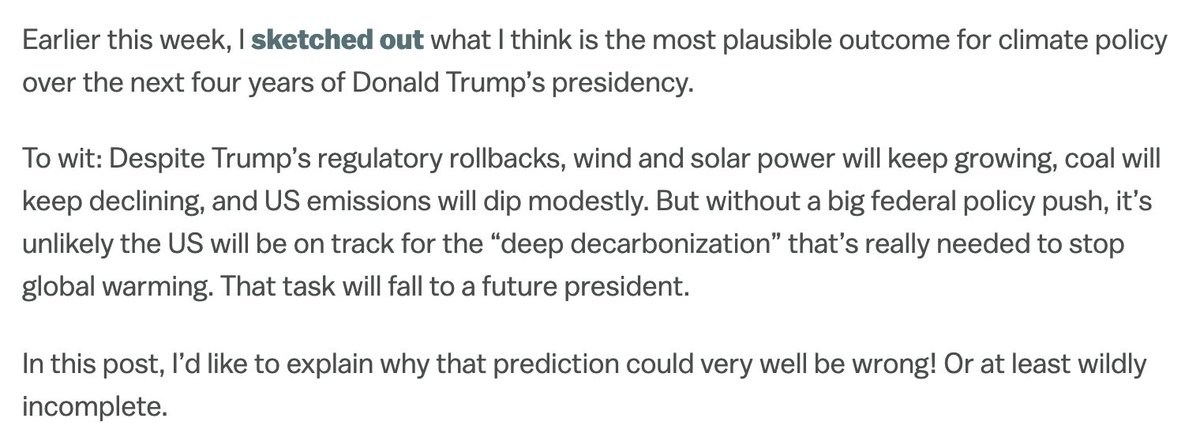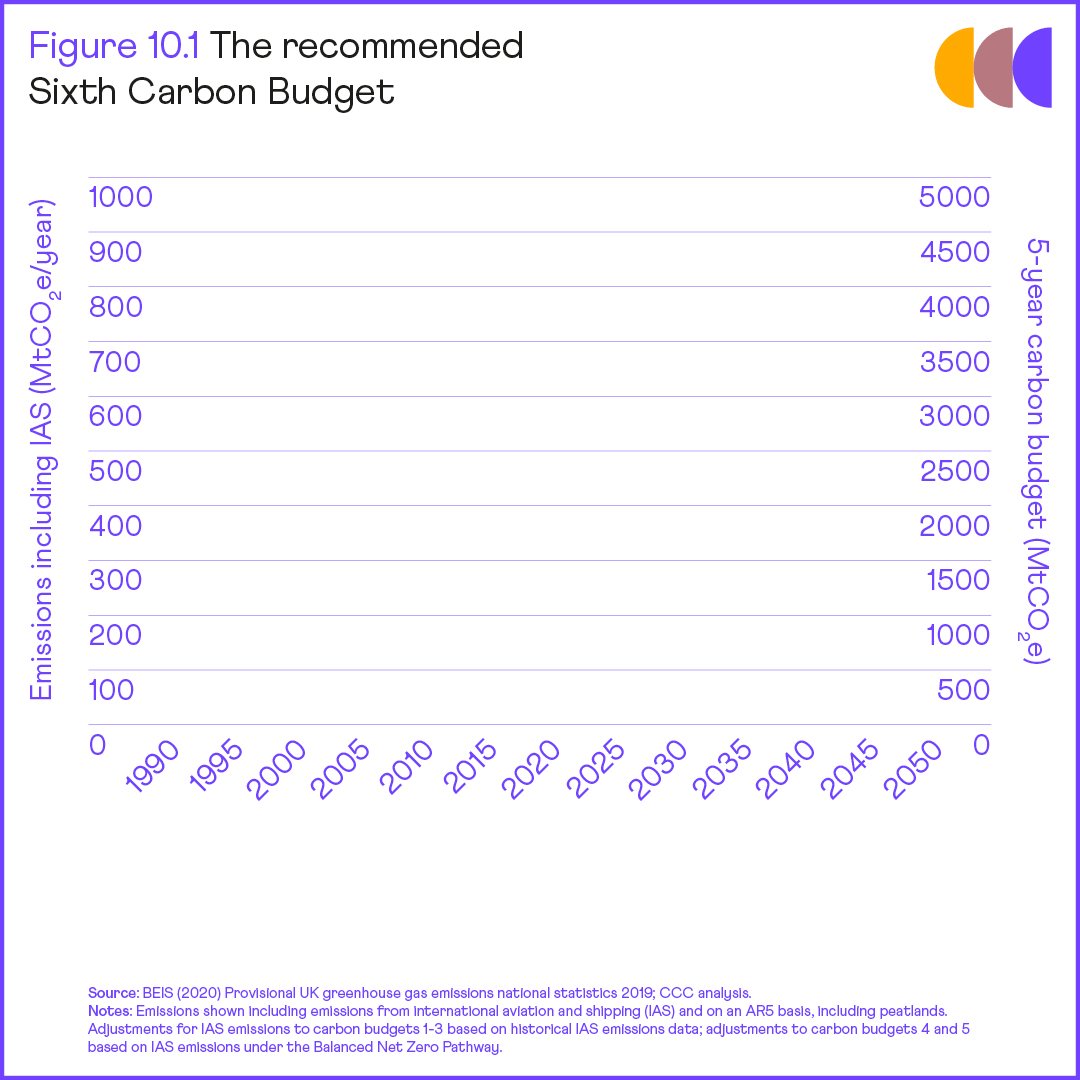
The Sixth Carbon Budget (2033-2037) charts the decisive move to zero carbon for the UK. The CCC shows that polluting emissions must fall by almost 80% by 2035, compared to 1990 levels – a big step-up in ambition. (1/12) #UKCarbonBudget 🧵
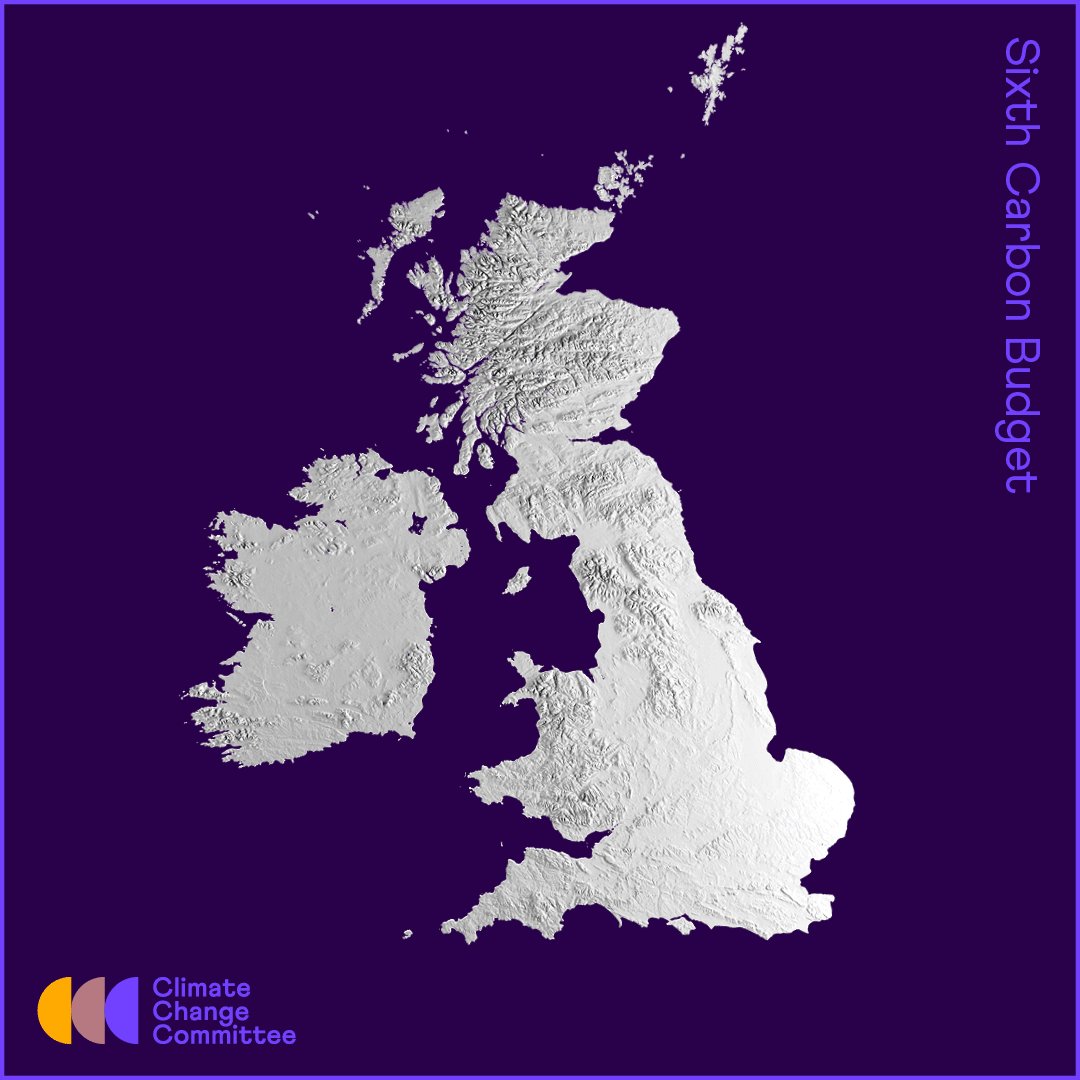


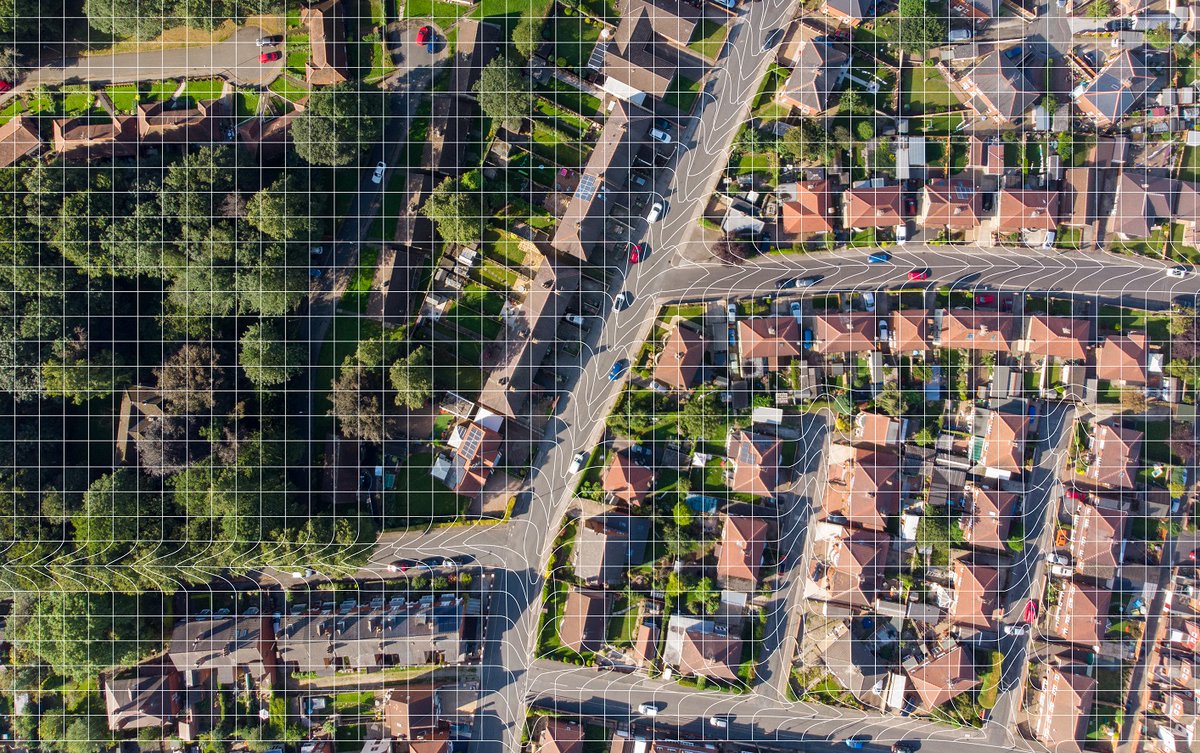
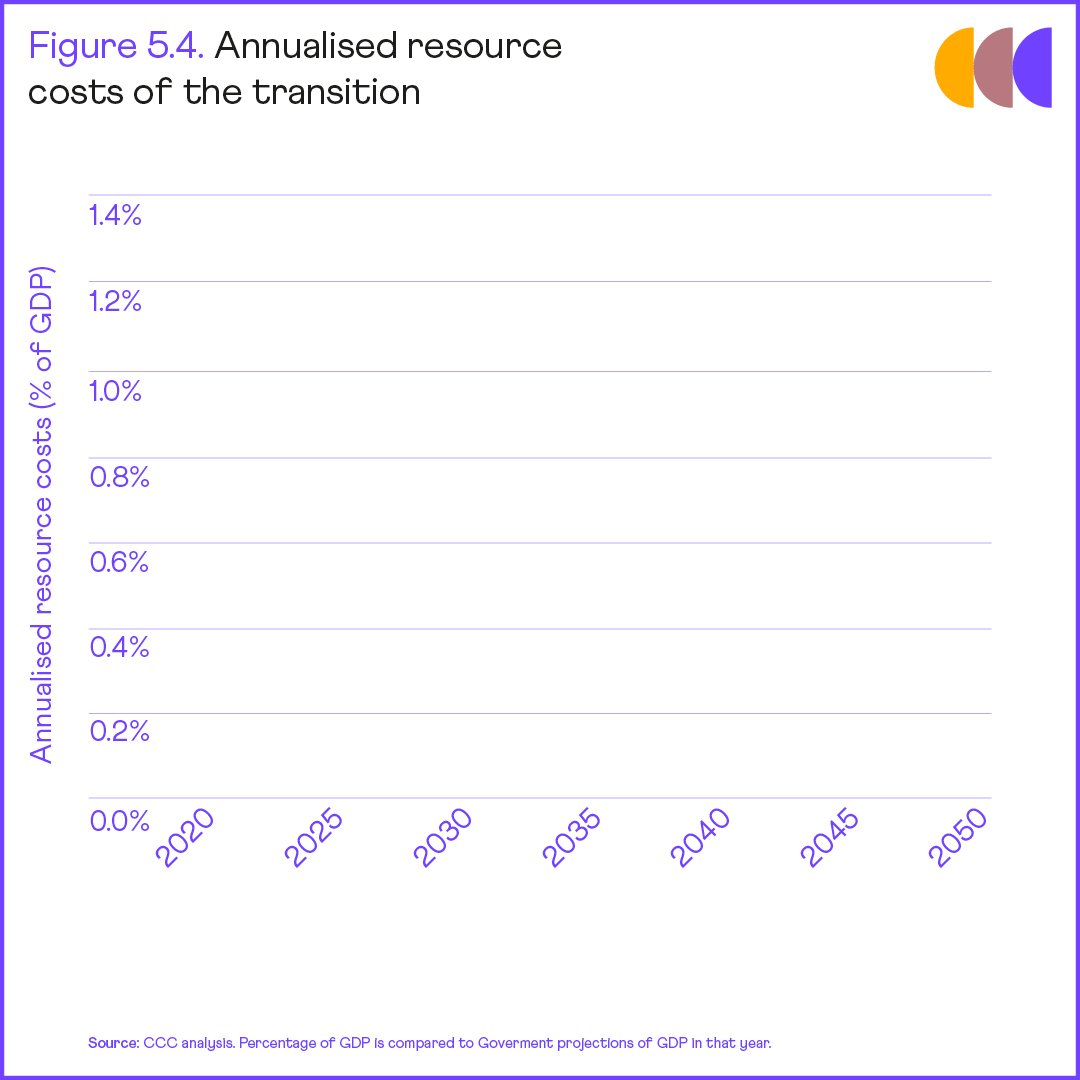



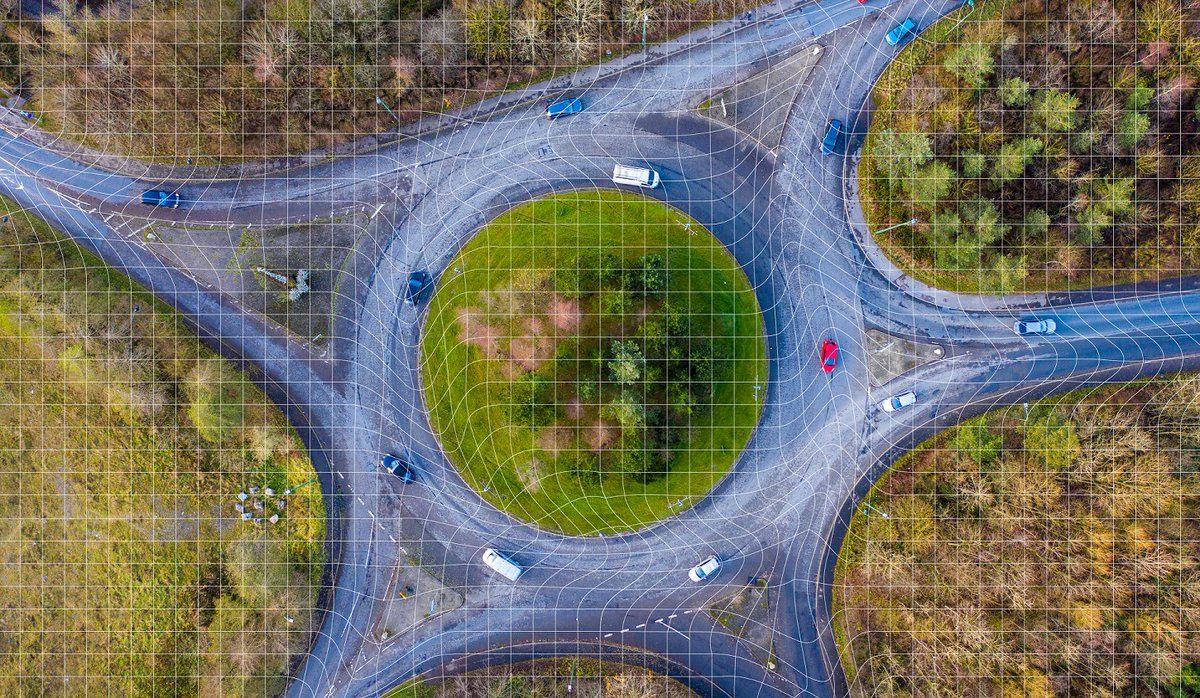
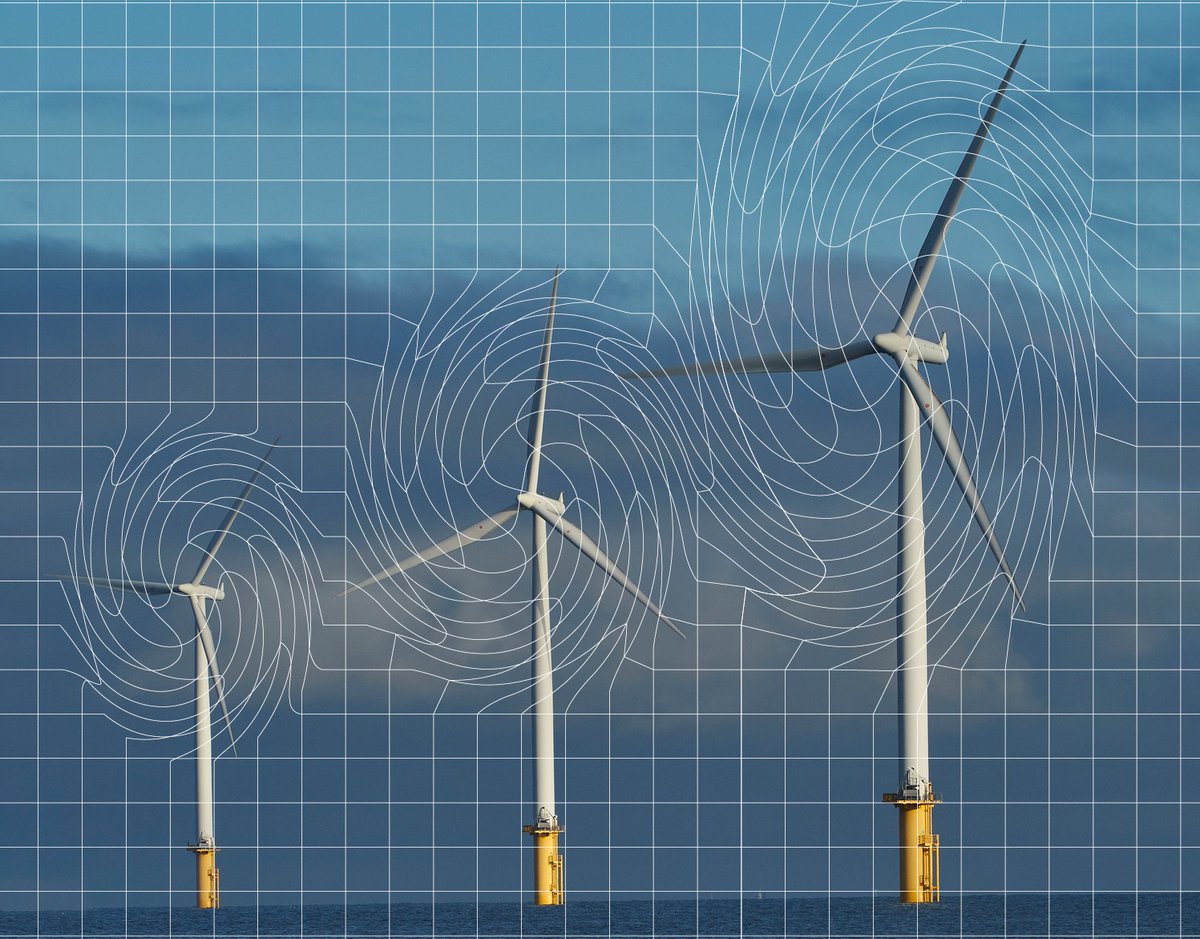
More from Climate change
(I’ve always wanted to tweet that) But seriously, there was a tropical storm when a group of people gathered in the woods.
If they were white, we’d call them “founding fathers” but they were slaves who were about to change the world
A thread
Holup. I ain't learned about this in school. What was this??
— Drunk Tweets, Inc - Mask it or Casket (@DrunkTweetsInc) January 1, 2021
Voudou priestess Cecile Fatiman danced with a knife. Then she split a pig and everyone drank the pig’s blood from a wooden bowl while enslaved priest Cutty Boukman prayed:
“The god who created the earth; who created the sun that gives us light. The god who holds up the ocean;
who makes the thunder roar. Our god who has ears to hear. You who are hidden in the clouds, who watch us from where you are. You see all that the white has made us suffer. The white man’s god asks him to commit crimes. But the god within us wants to do good...
It’s He who will direct our arms and bring us the victory. It’s He who will assist us. We all should throw away the image of the white men’s god who is so pitiless. Listen to the voice for liberty that speaks in all our hearts.”
Then , the meeting adjourned & everyone went home.
A week later, on Aug. 21 1791, it began.
In one week, 1800 plantations on the Island of St. Domingue would be burned to the ground and 1,000 white enslavers would be dead.
The shit had finally hit the fan.
You May Also Like
Ironies of Luck https://t.co/5BPWGbAxFi
— Morgan Housel (@morganhousel) March 14, 2018
"Luck is the flip side of risk. They are mirrored cousins, driven by the same thing: You are one person in a 7 billion player game, and the accidental impact of other people\u2019s actions can be more consequential than your own."
I’ve always felt that the luckiest people I know had a talent for recognizing circumstances, not of their own making, that were conducive to a favorable outcome and their ability to quickly take advantage of them.
In other words, dumb luck was just that, it required no awareness on the person’s part, whereas “smart” luck involved awareness followed by action before the circumstances changed.
So, was I “lucky” to be born when I was—nothing I had any control over—and that I came of age just as huge databases and computers were advancing to the point where I could use those tools to write “What Works on Wall Street?” Absolutely.
Was I lucky to start my stock market investments near the peak of interest rates which allowed me to spend the majority of my adult life in a falling rate environment? Yup.

There is co-ordination across the far right in Ireland now to stir both left and right in the hopes of creating a race war. Think critically! Fascists see the tragic killing of #georgenkencho, the grief of his community and pending investigation as a flashpoint for action.

Across Telegram, Twitter and Facebook disinformation is being peddled on the back of these tragic events. From false photographs to the tactics ofwhite supremacy, the far right is clumsily trying to drive hate against minority groups and figureheads.
Be aware, the images the #farright are sharing in the hopes of starting a race war, are not of the SPAR employee that was punched. They\u2019re older photos of a Everton fan. Be aware of the information you\u2019re sharing and that it may be false. Always #factcheck #GeorgeNkencho pic.twitter.com/4c9w4CMk5h
— antifa.drone (@antifa_drone) December 31, 2020
Declan Ganley’s Burkean group and the incel wing of National Party (Gearóid Murphy, Mick O’Keeffe & Co.) as well as all the usuals are concerted in their efforts to demonstrate their white supremacist cred. The quiet parts are today being said out loud.
There is a concerted effort in far-right Telegram groups to try and incite violence on street by targetting people for racist online abuse following the killing of George Nkencho
— Mark Malone (@soundmigration) January 1, 2021
This follows on and is part of a misinformation campaign to polarise communities at this time.
The best thing you can do is challenge disinformation and report posts where engagement isn’t appropriate. Many of these are blatantly racist posts designed to drive recruitment to NP and other Nationalist groups. By all means protest but stay safe.
